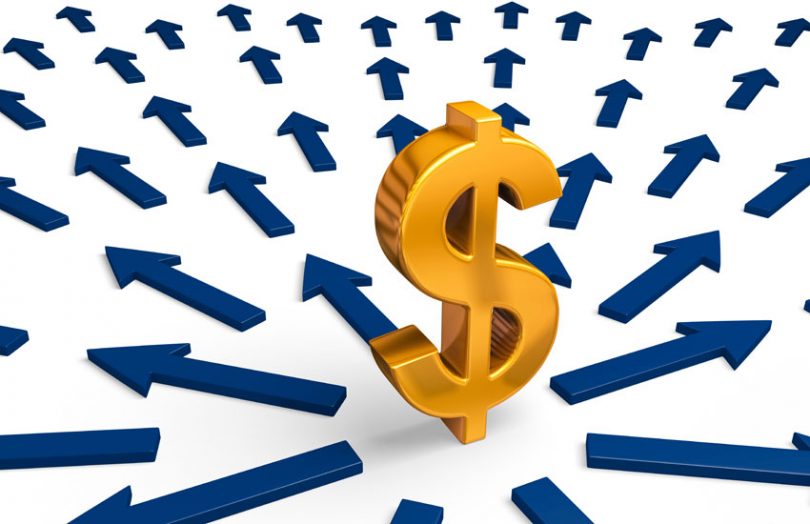Today, unicorn Tradeshift announced it’s working with the Danish Export Credit Agency (EKF) on a solution to help exporters and their suppliers with financing during the COVID-19 crisis. Through supply chain finance, based on the large company’s credit rating, its suppliers could receive immediate payment for invoices.
The early payment is made by a bank, with the risk underwritten by the Export Credit Agency. There is no added financial pressure on the large buyer because it pays the bank on the normal due date.
During the current crisis, there has been a shocking number of trade impediments apart from the physical disruption.
For those shipments that can be exported, banks have staff working from home and hence often cannot process the trade finance applications in the usual manual way. Whereas digitized invoices and online financing platforms help to address these issues. However, the International Chamber of Commerce recently highlighted that digital invoices and signatures are not legally acceptable in all jurisdictions.
Because of the crisis, many large companies have slowed payments to suppliers, resulting in a knock-on effect down the supply chain. One UK analysis estimates unpaid B2B invoices rose by 23% in April.
One of the more recent issues has been insurers such as Euler Hermes threatening to withdraw trade finance cover unless governments offer then a backstop. Denmark is one of the governments to do so.
But with this latest EKF-Tradeshift initiative, the Danish government is offering even more help. The solution will target the top 250 buyers in Denmark to offer immediate payment to suppliers. That will start the money flowing throughout the supply chain in a ripple effect. We expect similar models to be adopted elsewhere. And Tradeshift is encouraging other fintechs to do the same.
This contrasts with the bottlenecks being reported around the world in trying to get money to SMEs through government guaranteed loans.
“We want to do our bit to motivate companies to pay immediately, so we’ve made our full arsenal of solutions available to export companies that choose to show their support for suppliers. Under our model companies can pay suppliers ahead of time without compromising their own liquidity,” said EKF Director Kirstine Damkjæ.
The invoices have to be digital to take advantage of the finance. As is typical with supply chain finance platforms, buyers load or integrate digital invoices onto the platform, so there’s visibility into the transactions. Then if a supplier opts for early payment, the bank can see the status of the invoice. Typically, suppliers accept a small discount for early payment, with the difference going to the bank.
It sounds as if there are ongoing discussions with the Danish government to try to get them to additionally absorb the discounts – the interest rate cost. But for now, the suppliers will need to accept a discount for early payment.
“The immediate payment scheme has the potential to become a vital support package for companies during the corona crisis. Not only is the economic potential inherent in itself, it also avoids the behavioral death spiral, where all companies in a value chain withdraw their payments simultaneously,” said Tradeshift’s co-founder and SVP, APAC, Mikkel Hippe Brun.
Tradeshift says it’s currently talking to a number of other governments.
We recently wrote about the launch of the Marco Polo SME Early Pay solution in conjunction with Mastercard. We speculated that potentially the supply chain finance solution was targeting governments. That’s because the funding uses special purpose vehicles in which banks can participate, but potentially governments could also add funds.
However, in trade finance and beyond often the most efficient route for the government is to act as a guarantor rather than granting the funding directly.
The core Tradeshift platform does not use blockchain. But it is experimenting with the technology and is interested in tokenization. It previously executed an Ikea transaction with tokenized e-money.






